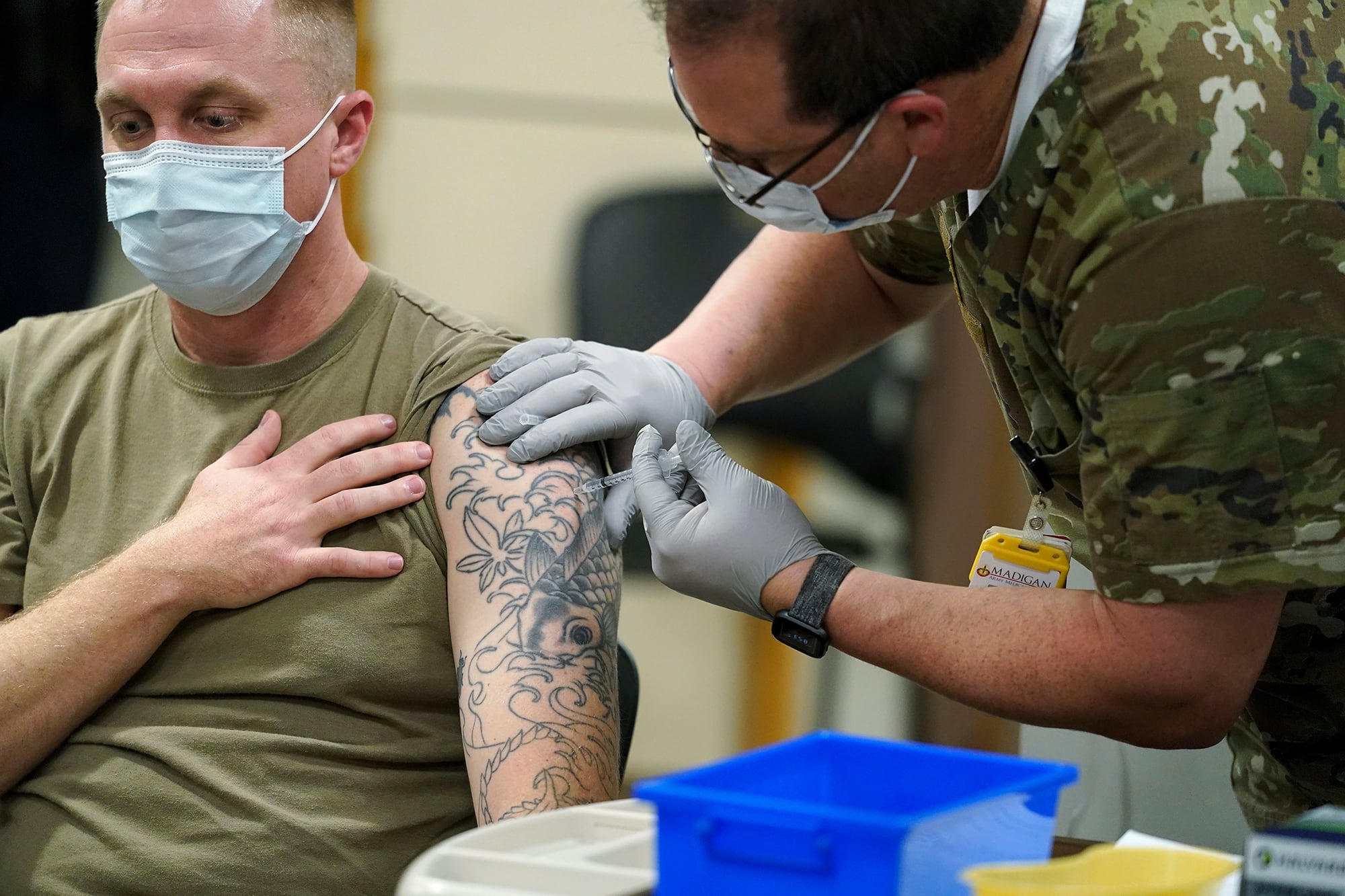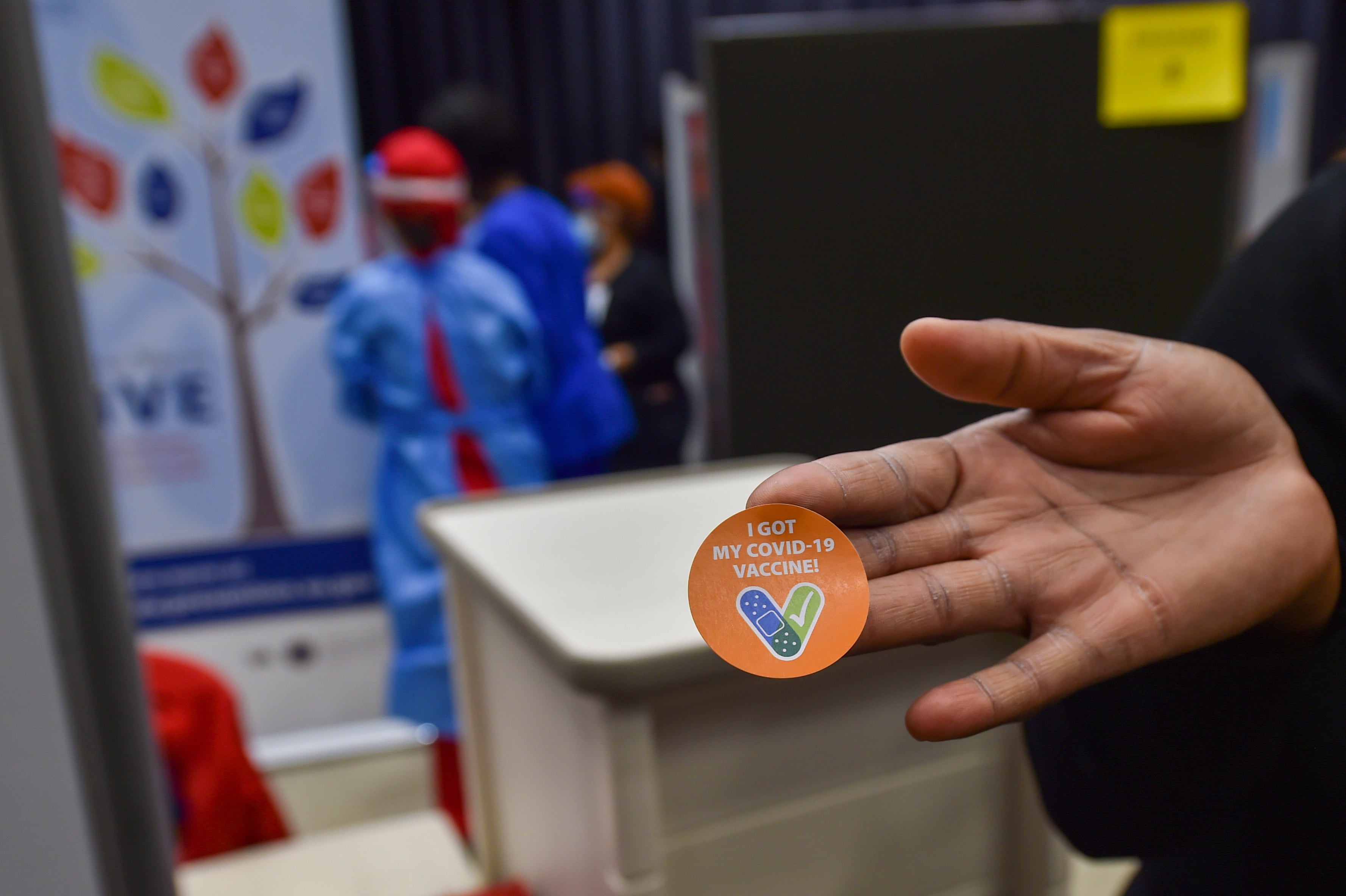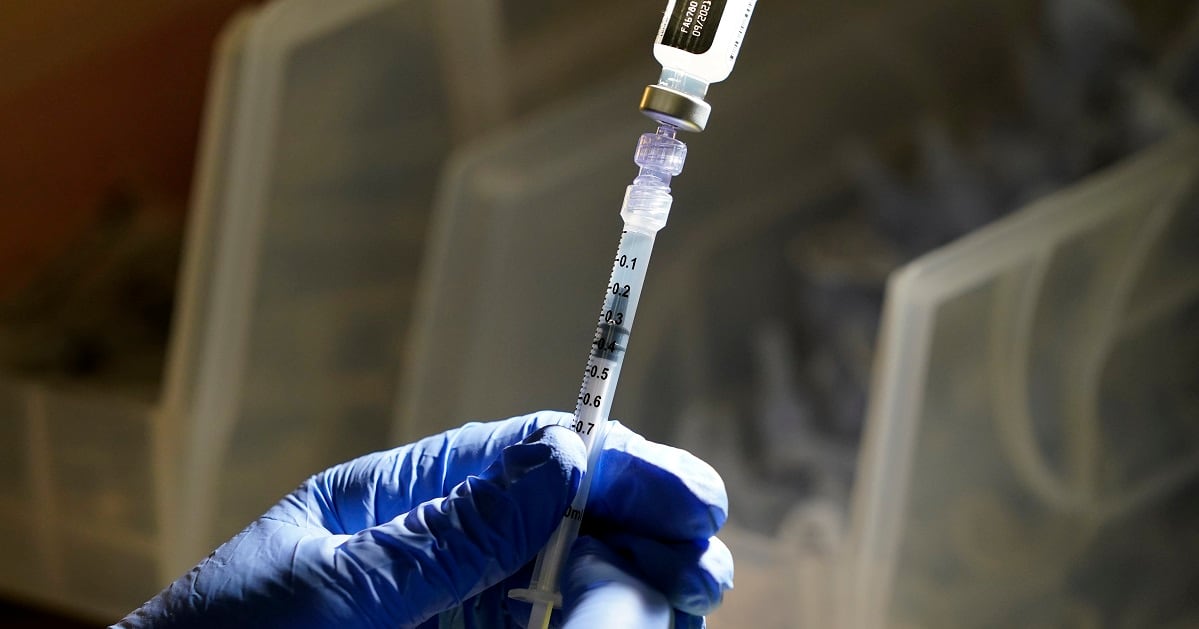Veterans Affairs employees could be required to get the coronavirus vaccine to keep their jobs, under a plan being considered by department leadership.
VA Secretary Denis McDonough said Wednesday that no decision on such a move has been made yet, and he is hopeful that new initiatives granting more leave for staffers to receive and recover from the vaccine will help boost the department’s totals.
However, he also emphasized that increasing the number of vaccinated employees is critical for plans to fully resume operations at VA hospitals and offices, for the safety of both other staff and visiting veterans.
“My goal has been by August to make clear we are providing more care and more benefits than before the pandemic began,” he said. “Our ability to do that is enhanced by our ability to get more staff vaccinated.
RELATED

“We are making sure we understand the full range of options we have, not only the current legal environment … and our existing legal authorities. It would be negligent to not be considering the full range of opportunities we have to ensure we’re taking every step possible to protect veterans.”
The comments came amid growing worries about the Delta variant of COVID-19, which has surged worldwide and been confirmed in all 50 states. Health experts have said that areas with low vaccination rates are seeing increases in infections and deaths, both of which could be prevented by the inoculations.
Nearly 20,300 VA employees have contracted coronavirus since March 2020, 190 in the last month alone. At least 145 staffers have died from complications related to the illness.
As of Wednesday evening, about 298,000 VA employees have been fully vaccinated against the fast-spreading coronavirus. That’s roughly 70 percent of the department’s employee total.
But McDonough acknowledged that figure fluctuates from location to location.
For example, at the New Orleans VA Medical Center — which last year had among the highest numbers of patient cases and deaths from the virus — is near 85 percent of staff fully vaccinated. The St. Cloud VA Health Care System in Minnesota hasn’t reached 60 percent yet.
Low vaccination numbers among medical staff could undermine veterans’ confidence in the safety of VA hospitals, the secretary said.
The department recently announced plans to give all employees four hours of uncharged leave to get vaccines, and up to two days of uncharged sick leave for “adverse reactions” to the medication.
RELATED

McDonough said he hopes those initiatives will boost staff vaccine numbers without resorting to harsher measures.
“I believe I am permitted to compel people to take the vaccine, but we’re taking a look at all of our options as we watch [the nationwide spread of] the Delta variant,” he said.
Military officials have strongly recommended all troops get the coronavirus vaccine but have not mandated the shots since they are not fully approved by the Food and Drug Administration, a process that can take several years. The president could change that and make the shots mandatory, but so far has left the issue to military commanders.
Similarly, the federal government thus far has not required staff at other agencies to be vaccinated to continue employment.
Officials from the Center for Disease Control and Prevention said that they are not monitoring or recording vaccination records, but noted that “whether a state or local government or employer can require COVID-19 vaccination is a matter of state or other applicable law.”
McDonough did not say when a final decision may be made on mandating vaccines.
More than 227,000 veterans in VA care have contracted coronavirus in the last 15 months, and nearly 12,500 have died from complications related to the sickness.
Leo covers Congress, Veterans Affairs and the White House for Military Times. He has covered Washington, D.C. since 2004, focusing on military personnel and veterans policies. His work has earned numerous honors, including a 2009 Polk award, a 2010 National Headliner Award, the IAVA Leadership in Journalism award and the VFW News Media award.





